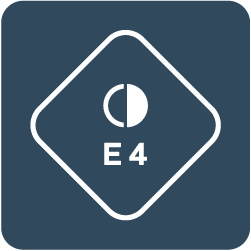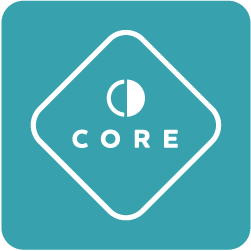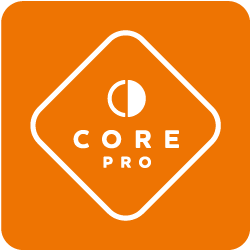
In recent years there have been some revealing studies regarding unconscious bias within the hiring process across the globe. Australian MP, Andrew Leigh, co-authored a study that found that Chinese applicants must submit 68% more applications to get an interview than those with “Anglo-Saxon” names. In the UK, according to research by the Commons Women and Equalities Committee, “Muslim women are three times more likely to be unemployed and looking for a job than women generally.”
To tackle such findings, the UK government announced that UCAS would carry out “name-blind” applications in 2017. This process has now been adopted by public sector bodies such as the civil service, BBC, NHS as well as large private companies including Deloitte, HSBC and Virgin Money.
But what is “name blind” or blind recruitment and how can it benefit you and your client’s hiring process?
What Is Blind Recruitment?
In essence, blind recruitment is a method to remove “criteria that could unintentionally bias managers, and give underrepresented groups confidence that their application will be fairly considered”. It is not just about hiding a candidate’s name, it is also about anonymising anything not relevant to the stage of the process recruiters and hiring managers are dealing with at the time. This can include gender, ethnicity, age, educational institution and even years of experience.
The aim of blind recruitment is to consider applications solely based on merit thereby removing immediate bias at the first stage of the hiring process.
What Are The Benefits Of Blind Recruitment?
Besides offering a fairer recruitment process to candidates and reducing unconscious bias currently concerning UK, and global, organisations, it can also increase diversity among the UK workforce. The benefits of diversity have been well documented recently, with one study reporting that increasing gender diversity by just one per cent will boost your bottom line by three. Furthermore, a one percent rise in race equality has been shown to increase your revenue by nine percent.
Interested in finding out more about diversity in the workplace, take a read of our blog.
Having an open and active diversity policy can also contribute to attracting millennial job seekers. A PwC study showed that, “86% of female and 74% of male millennials consider employers’ policies on diversity…when deciding which company to work for.” So, if the benefits are so evident, why isn’t everyone employing blind recruitment as part of their diversity policy?
Does Blind Recruitment Improve The Hiring Process?
There’s little doubt that blind recruitment can reduce bias at the first round of the hiring process, but there is a growing concern that this does not address the wider issue. By simply papering over the bias, you risk a false sense of achievement. The reality is that if a hiring manager holds any bias, unconscious or not, it is likely to show at some point in the interview process, leading to decreasing probability at each progressive stage.
Among the sceptics to blind recruitment is Jon Williams, the global leader of people and organisation at PwC, who admits that, “it is an awesome way of removing bias in the initial selection. But…there are very few jobs where you are going to appoint someone purely on the basis of a written submission.” To tackle the issue head on, all 20,000 PwC staff take part in unconscious bias training to raise awareness of stereotypes and encourage people to understand and challenge their own biases.
Blind recruitment is a positive response to the issues of discrimination in the hiring process but, as we can see, it is not a flawless solution. It is also important to equip recruiters and hiring managers with the necessary awareness training in order to combat the problem at the source.
Recruitment software can be used to bolster your diversity policy and make your selection process fairer. If you’re looking for new recruitment software, download our free eBook and make a decision with confidence.





